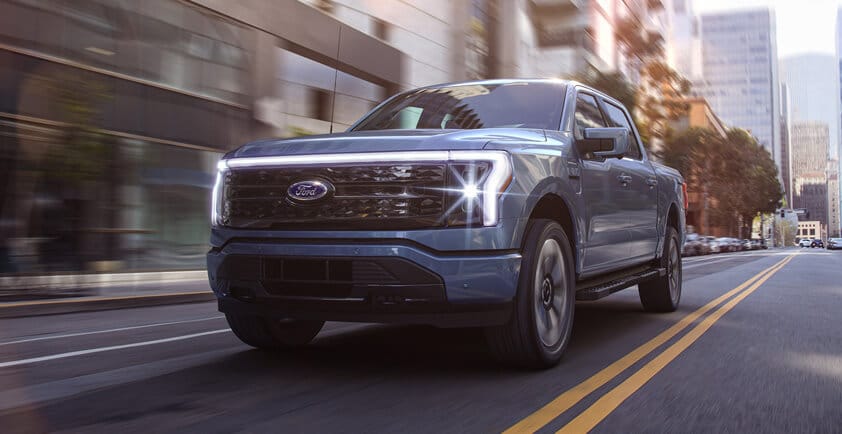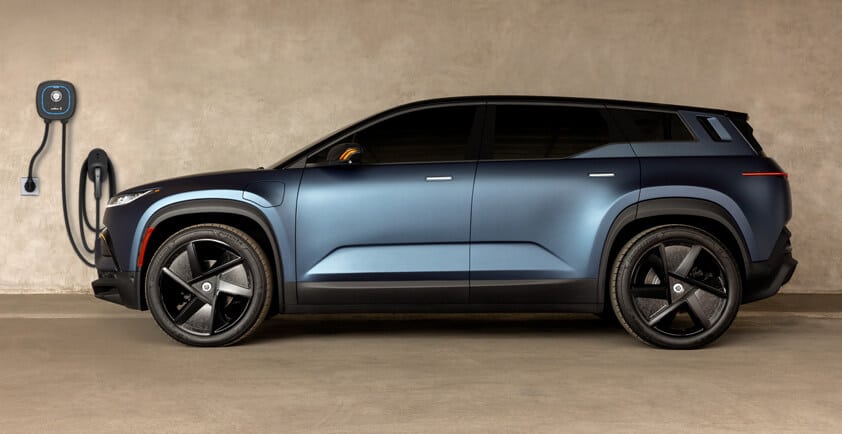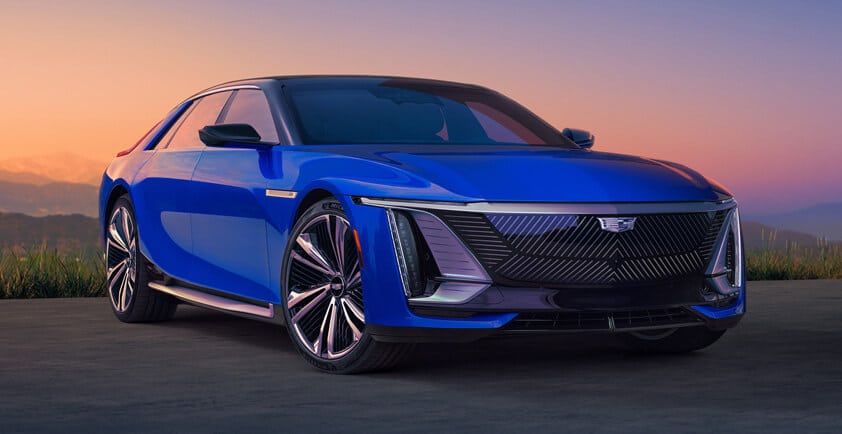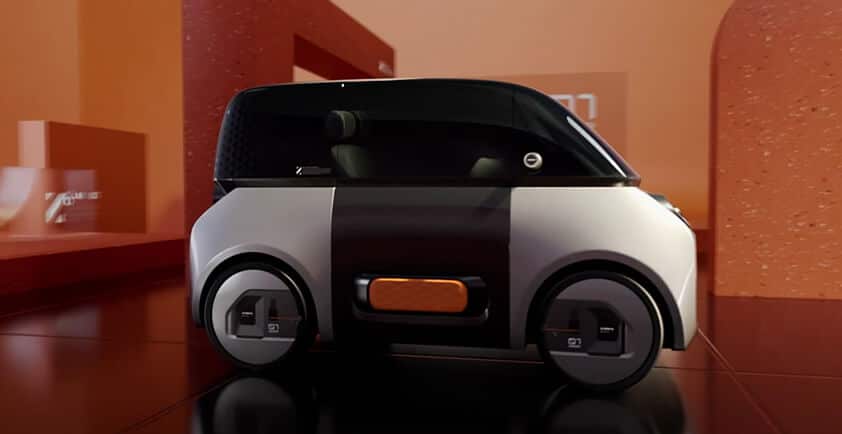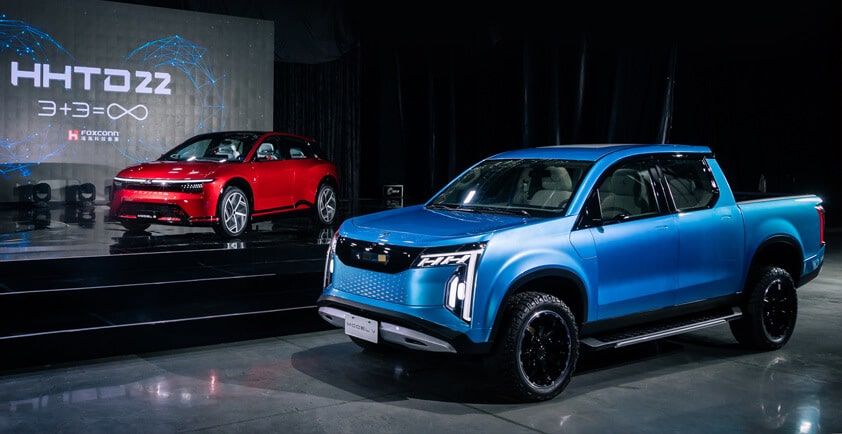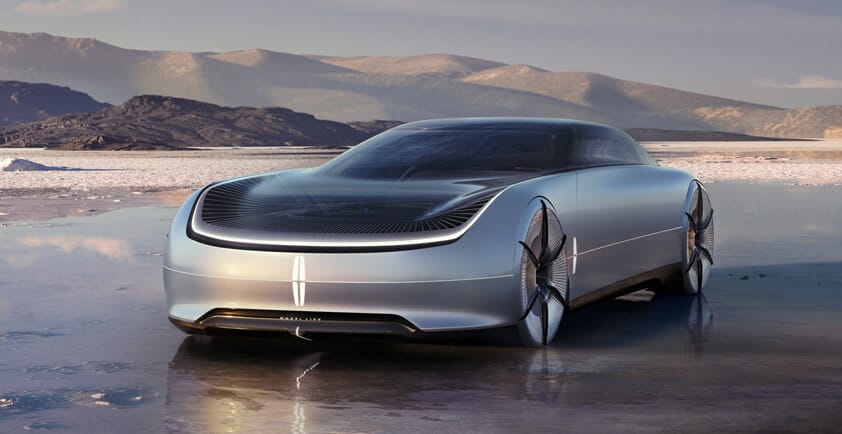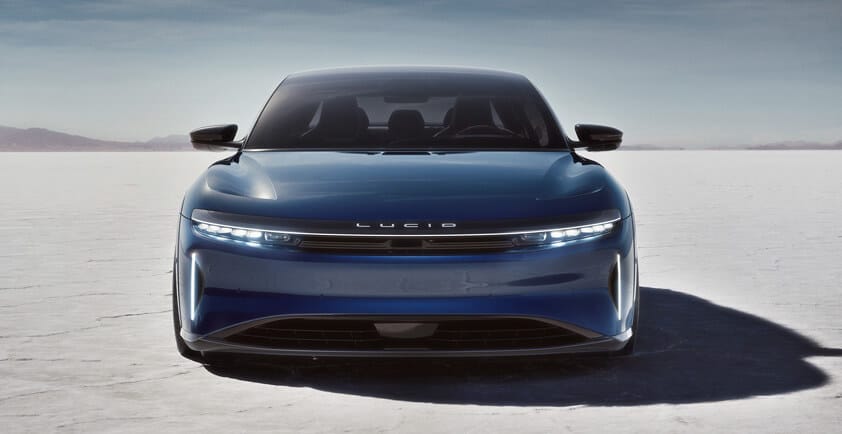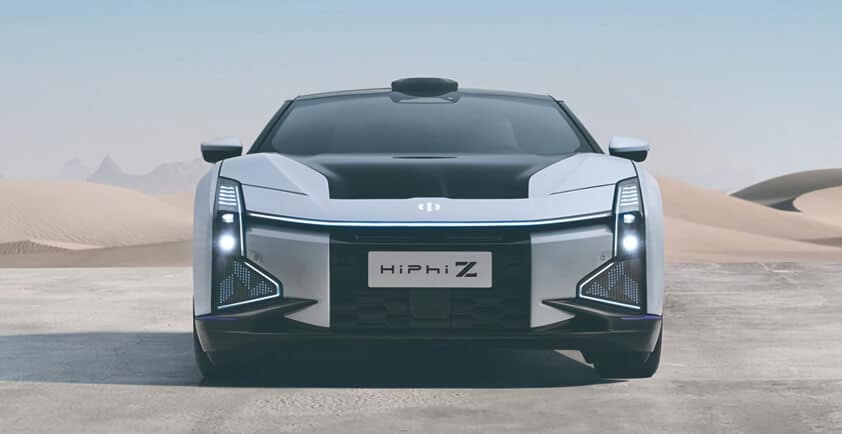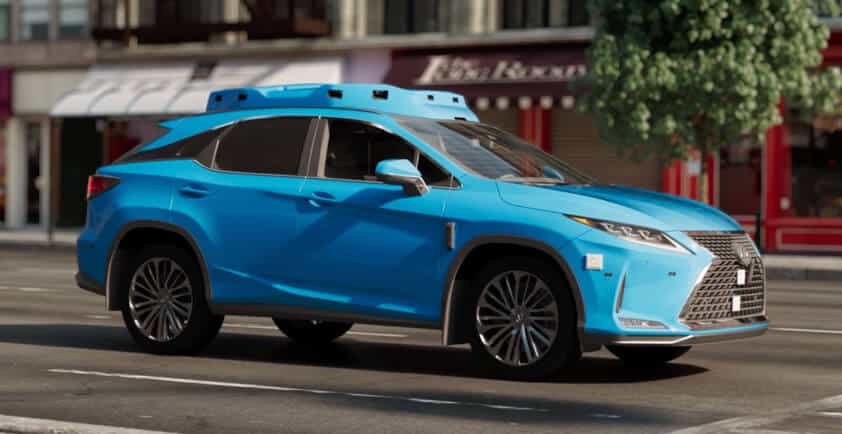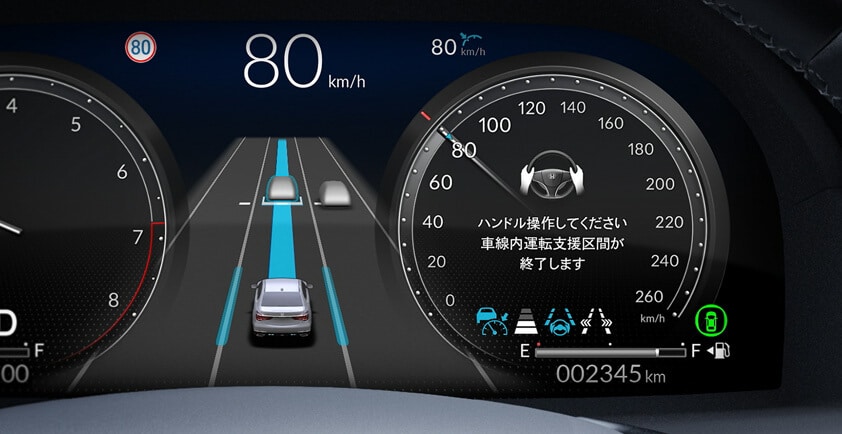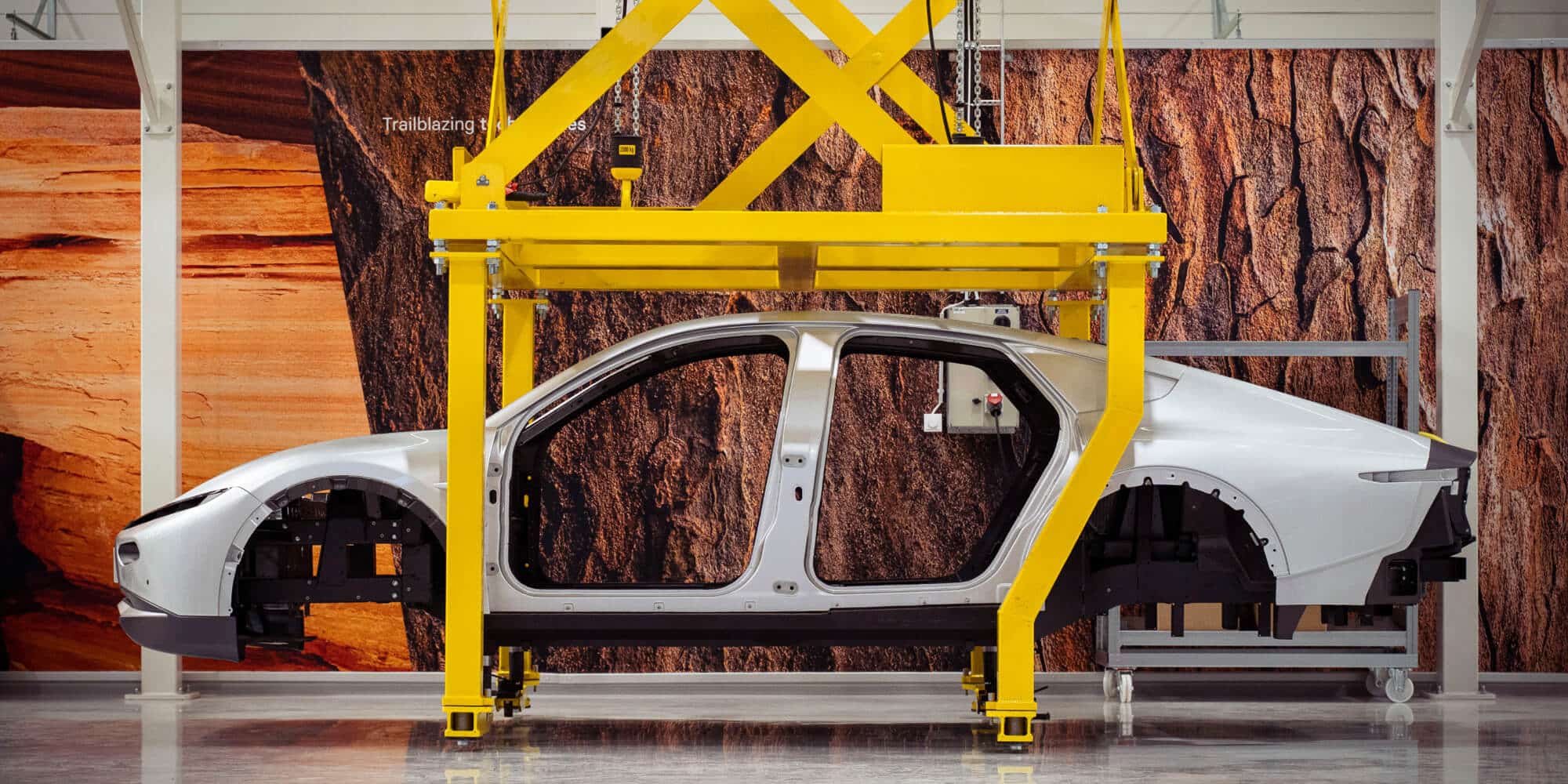
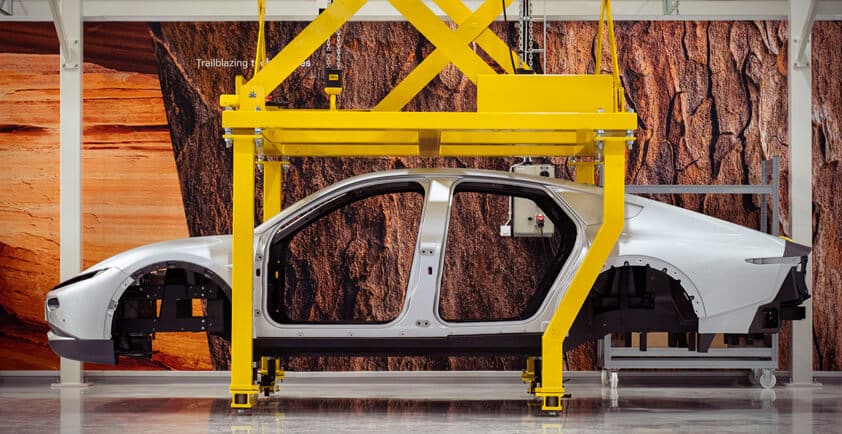
IMPACT HAS STARTED — LIGHTYEAR 0 HAS GONE INTO PRODUCTION
At Lightyear, we set out to revolutionise electric driving by building a car that could drive on clean, solar energy. After six years of hurdles and triumphs, the sun now rises on our most important milestone yet: the production of Lightyear 0! With a drag coefficient of 0.175, the world’s first solar car is also the most aerodynamic production car in history. Read on to discover more about the production process as we celebrate this momentous achievement.
Following months of careful collaboration with the renowned vehicle manufacturer, Valmet Automotive, our stage is set. A state-of-the-art production line is ready in Finland, designed especially for the assembly of solar electric cars. Soon, Lightyear 0 will roll off it and onto roads across Europe.
This specialised production line was built from scratch to facilitate the manufacturing process of our solar car and its intricate technologies. Here, a team of the most experienced and highly qualified technicians from Valmet Automotive will build each Lightyear 0 from start to finish. But how exactly is that done?
Manufacturing Lightyear 0
The manufacturing process starts with the naked body in white, which serves as the skeleton of the vehicle. This body in white is supplied from the UK. After a thorough inspection of the goods has been performed, the main cable harness and the floor carpets are installed. The vehicle is then moved to the next phase of the assembly line, where insulation is applied, and all necessary cables and pipes are installed.
Next comes the robot cell. In this cell, a specialised robot is used to apply the glue beads on the all-important solar panels. Manipulators then semi-manually position the glass and solar panels on the body in white.
During this time, the front and rear subassemblies, containing the subframe, suspension, in-wheel motors and other mechanical and electrical parts are pre-assembled. In other pre-assembly cells, the dashboard, center console, doors and tailgate are also assembled.
The marriage point is the next step in the process. Here, the subassemblies are united with the body in white. Then, the high voltage, 61.2 kWh battery, is installed. At only 350 kg, this battery has the highest energy density of any electric vehicle available. The low weight, compared to other electric car batteries, contributes to the light overall weight of Lightyear 0, standing at an industry low of ~1575 kg. This light weight is essential for making Lightyear 0 as energy efficient as possible.
After this, it’s time to install the pre-assembled dashboard, the center console, seats, and finally the doors and tailgate. As the final step, our cutting-edge Bridgestone tyres are put on, and our car is complete!
What follows is a comprehensive set of end of line inspections, such as brake and power testing, wheel and headlight calibrations, software checks and various other tests. The last step in the process is a thorough quality inspection which is performed by highly experienced professionals at Valmet Automotive. This is to ensure each and every Lightyear 0 is respecting the strict quality standards we put to them. Once the vehicle has successfully passed the quality inspection, the Lightyear 0 has completed the first part of its journey, and is ready for a lifetime of clean and efficient mobility.
From idea to reality
Lightyear 0 is the most efficient and most aerodynamic production car in the world. Its record-breaking drag coefficient of 0.175 Cd allows you to drive much further with only minimal energy usage. Plus, being able to charge by the sun, either parked or on the go, allows Lightyear 0 to cover your daily commute for months before ever needing a plug charge.
In just six years, we have gone from an idea, to a definite proof of concept. Within weeks, the first solar cars will be driving on European roads to give the world its first glimpse of clean mobility.
